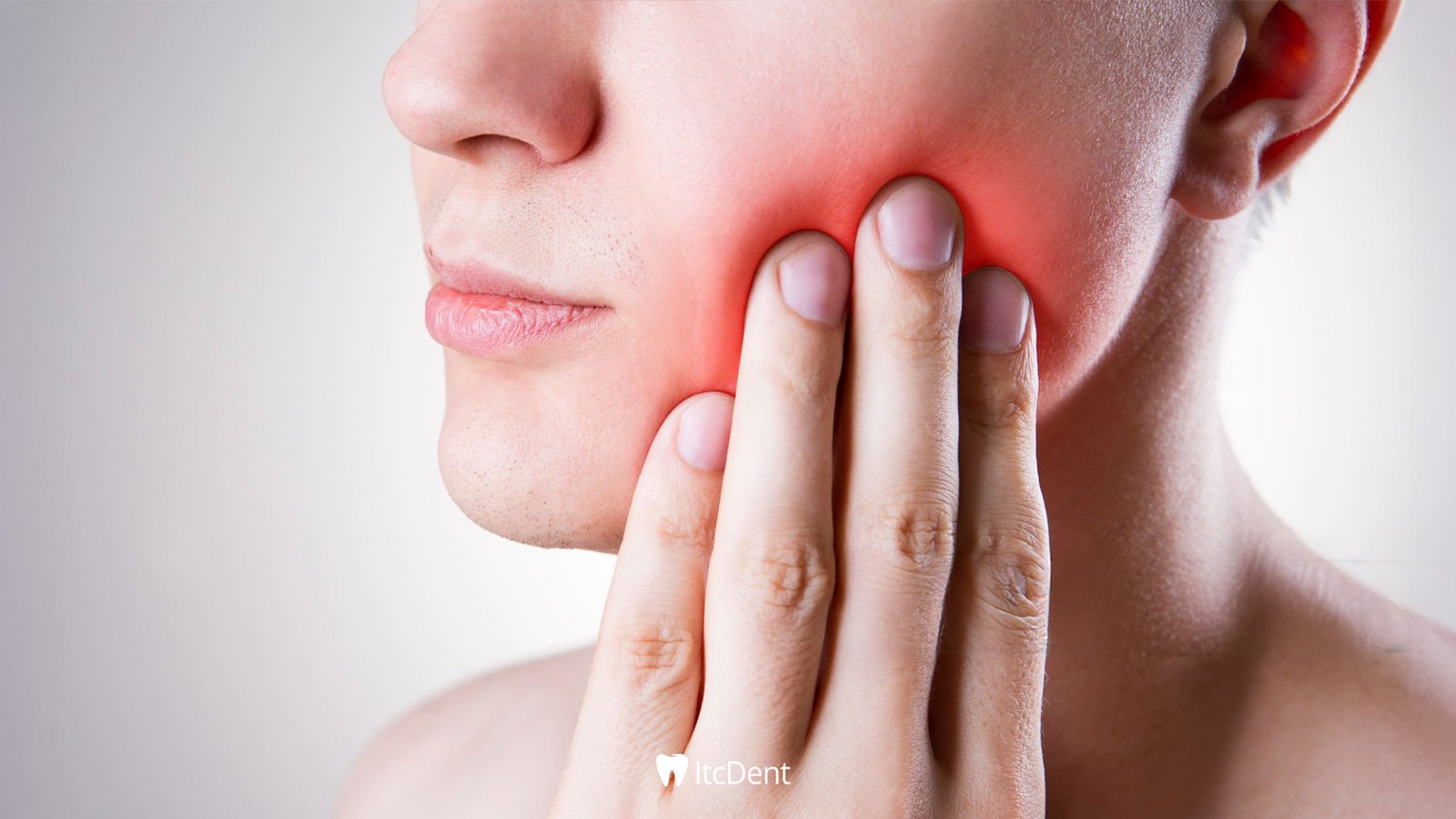Toothache Treatment
Toothache is one of the most intolerable pains. It strikes suddenly, right in the middle of daily life, at the most inopportune times; sometimes it begins with a dull ache, and sometimes it suddenly turns into a throbbing pain. It wakes you up, makes it difficult to concentrate, and even, at some point, can completely shatter your morale. At that moment, your only concern is that the pain should go away.
Actually, a toothache isn’t just a “pain”; it’s the body’s way of telling us something is wrong. Perhaps it’s a decayed tooth, gum inflammation, or simply a temporary sensitivity caused by a nerve impulse. But whatever the cause, that nagging pain has one common consequence: alienating you from life.
Many people try various home remedies to relieve pain—gargling with salt water, applying clove oil, or applying a cold compress—but while these methods may provide short-term relief, they don’t address the root cause of the toothache. That’s why it’s crucial to understand the cause, not just relieve it.
Causes of Toothaches
A toothache is actually a warning signal our body sends us. In other words, our teeth have found their own way of saying, “Something’s wrong here, take care of it!” While the causes of this pain vary from person to person, it generally occurs when there’s a problem with the inner structure of the tooth or the surrounding tissues. Let’s take a closer look at the most common causes of toothaches:
Tooth Decay:
This is arguably the most classic cause of toothaches. Initially unnoticed, a small cavity can grow over time, reaching the nerve layer of the tooth. From that point on, the tooth begins to ache unbearably. You’ll feel this pain immediately, especially when you eat sweets or drink something hot or cold.
Gingivitis: Have you noticed redness, swelling, or bleeding when brushing your gums? These are typical symptoms of gingivitis. It usually occurs as a result of poor brushing or failure to remove tartar. If timely treatment isn’t provided, not only the gums but also the teeth themselves can begin to suffer.

Root Canal Infection:
If your pain is throbbing, constant, and severe enough to wake you up at night, this usually indicates that the nerve in the tooth is infected. This infection, located inside the tooth, can sometimes cause pain in your face. In this case, the best course of action is to see a dentist and have a root canal treatment.
Tooth Abscess:
A tooth abscess occurs when the infection progresses and reaches the root of the tooth. In this case, swelling of the gums or face may occur, and even a fever may occur. Abscessed teeth usually do not heal on their own; professional intervention is essential.
Clenching or Grinding Teeth (Bruxism):
Many people clench or grind their teeth at night without realizing it. If you feel pain in your jaw muscles when you wake up in the morning, it is most likely due to bruxism. In the long run, this can damage tooth enamel, leading to sensitivity and pain.
Tooth enamel erosion:
Acidic drinks, harsh brushing, or the wrong toothpaste can erode tooth enamel. When the enamel is damaged, the sensitive layer beneath the tooth is exposed, causing a stinging sensation when exposed to hot or cold.
Home Remedies for Toothache Relief
Toothaches can be truly overwhelming. Especially that throbbing pain that starts in the middle of the night while you’re asleep, or that stabbing pain that suddenly strikes during the day while you’re busy. Getting to the dentist right away might not always be possible, but don’t worry—you can alleviate the pain with some natural and simple home remedies.
Of course, it’s important to remember: These remedies provide temporary relief; they don’t address the root cause of the pain. For a permanent solution, a visit to a dentist is essential. Now, let’s take a look at some practical methods that can help relieve toothaches:
Gargling with Salt Water
One of the easiest home remedies is gargling with salt water. Salt acts as a natural disinfectant, reducing bacteria in your mouth, reducing inflammation, and soothing the aching area.
You Can Apply a Cold Compress
Applying cold to the outside of your cheek both relieves pain and reduces swelling. It’s especially effective for pain caused by a tooth abscess or trauma.

Clove Oil
Cloves have been used for centuries as a natural painkiller for toothaches. Their eugenol content has both antiseptic and numbing properties.
Peppermint Tea or Peppermint Oil
Everyone knows the refreshing effects of peppermint, but its ability to soothe toothaches is less well-known. Peppermint provides a soothing sensation, especially for pain caused by inflammation.
Garlic
Known for its natural antibacterial properties, garlic is one of the oldest folk remedies for toothaches. It fights bacteria and helps relieve inflammation.
Warm Tea Compress
The tannins in black tea have both antioxidant and anti-inflammatory properties. Therefore, tea bag compresses can be especially helpful for gum pain.

What Can Be Done to Prevent Toothaches?
Of course, the best solution is to prevent toothaches in the first place. A few simple but effective habits can make a big difference:
- Brush your teeth twice a day.
Make it a habit to brush after breakfast and before bed at night. - Floss your teeth.
Bacteria in the spaces your toothbrush can’t reach are the most common cause of tooth decay. - Avoid acidic drinks and sugary snacks.
They weaken tooth enamel and accelerate tooth decay. - Get regular dental checkups.
Visiting the dentist at least twice a year helps you detect potential problems early.


